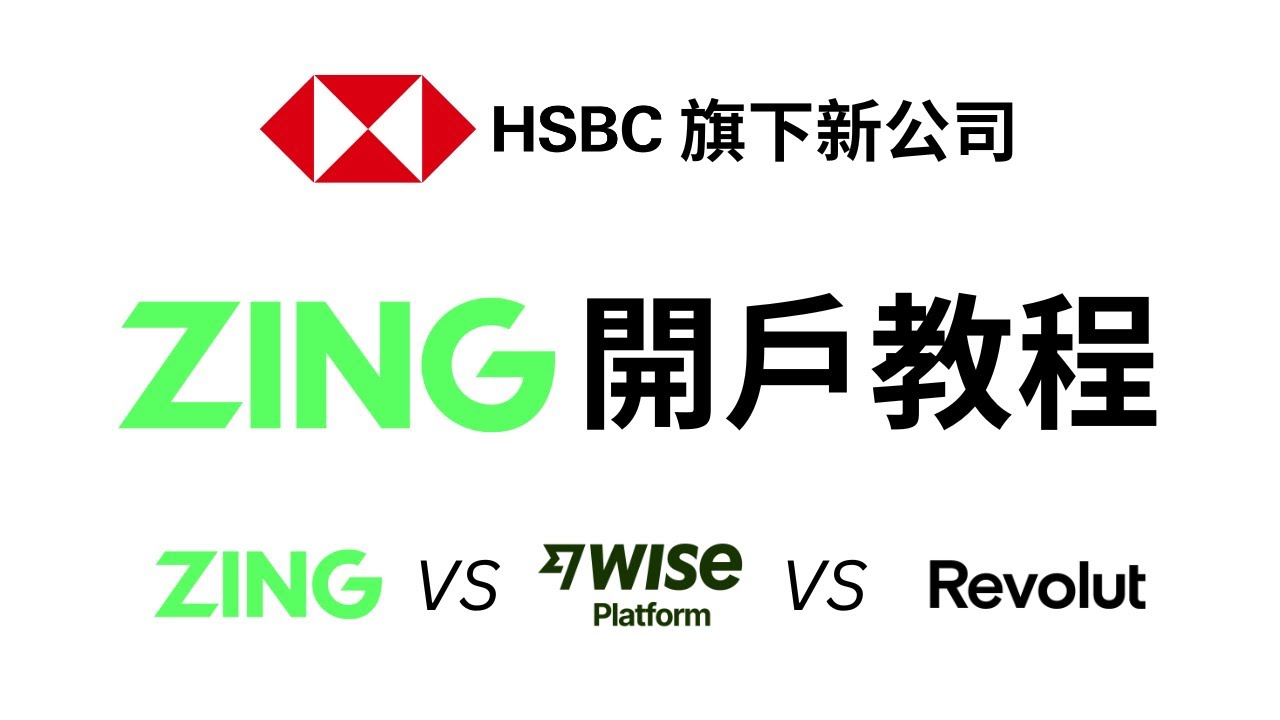
HSBC has just launched a rival to Revolut and Wise for consumer foreign exchange transfers. Calling it Zing*, and currently available only in the UK, the idea is to offer a “worry-free international money app”, even though they exist already. Why would HSBC’s be any different?
You can find out the nuts and bolts of Zing in this Forbes article and also at Techcrunch, but the gist is that you can now use a bank-backed app to make FX transactions just as easily and cheaply as their FinTech rivals. Some would ask: why does a big bank need to do this when it’s already done by others? Answer: because others are stealing margins from the big bank or, as James Allan, CEO of Zing, puts it: “Now is the time for a new kind of international payments solution; one that combines cutting-edge innovation with the support of an experienced global bank.”
Some others agree. For example Benjamin Toms, an analyst at RBC, described the launch as a long-term “defensive” move designed to attract a younger generation of customers and convert them to other HSBC products. Zing will be free to download for people who do not bank with the lender, unlike similar services it already offers to existing clients.
The Zing app, which will be available on Google and Apple app stores, will be regulated by the Financial Conduct Authority as an e-money institution rather than a bank. Its deposits will not be protected under the Financial Services Compensation Scheme.
Interesting.
As a user of competitor services, it amazes me how banks have not responded to these challenges. In fact, at one point a while ago, I used a great app from Santander based on Ripple (One Pay FX) that did FX transactions cheaper than Wise … and then they withdrew it. The same with Pago FX, which was withdrawn just 15 months after launch. The bank decided to refocus on B2B services for FX with PagoNxt. In other words, the bank learned that there’s not much money to be made from FX in the retail consumer markets, and has refocused on SMEs and businesses. There’s a message there.
Nevertheless, as the world’s local bank (meh), HSBC has great ambition. According to Nuno Matos, chief executive officer of the lender’s global wealth and personal banking business:
“Zing has a global ambition. We want to establish ourselves as a global platform for international payments, which ties perfectly with our international payments strategy for HSBC and you should see us very soon in Asia, in the Middle East and in EU markets.”
Well want is very different to can. Regardless, the bank has been making quite a few stealth moves to build this vision. First, hiring key people from the fintech community and, specifically, those who worked for innovative competitors. Neil McKeown was previously the director of product marketing at Monzo, and moved to Zing as the head of product and brand marketing. Dario De Angelis, an ex-Revolut executive, was hired in the role of senior treasury manager. Eduardo Mercer, a decade-long software engineer at Wise, joined Zing’s team.
In addition and of interest, is that Zing is built upon the fintech platform Monese. Catherine Zhou, CIO of HSBC's banking and private wealth business, said: “HSBC is excited to invest in Monese as one of the leading fintech players in the market. Our investment will provide stronger strategic alignment and enable us to build on our strengths as partners.”
Yep.
I’m not sure if Catherine would respond to the FT’s reporting however, that HSBC’s $35mn investment in Monese in 2022 saw the company post losses 70% higher in 2022 and that the fintech also warned of “material uncertainty over the success of raising future fundraising and therefore the going concern status of the company”.
Oh, and finally, in calling it Zing, I guess the guys at HSBC have never seen The Big Bang Theory:
Regardless of all of this, the bottom-line is that the rise of fintech is now being absorbed by the incumbents. Partnering, acquiring and investing by big banks in start-ups is rife today. The thing this reveals is that fintech is being integrated into the financial system, rather than competing with it. Something I predicted a while ago. Rock on 2024.
Postscript: a friend of mine opened a Zing account, or tried to. Once he was onboarded and before he loaded funds or transacted, he was told his account was frozen whilst compliance checked all the details, which would take around ten days. That does not sound competitive with Revolut and Wise.
Chris M Skinner
Chris Skinner is best known as an independent commentator on the financial markets through his blog, TheFinanser.com, as author of the bestselling book Digital Bank, and Chair of the European networking forum the Financial Services Club. He has been voted one of the most influential people in banking by The Financial Brand (as well as one of the best blogs), a FinTech Titan (Next Bank), one of the Fintech Leaders you need to follow (City AM, Deluxe and Jax Finance), as well as one of the Top 40 most influential people in financial technology by the Wall Street Journal's Financial News. To learn more click here...

